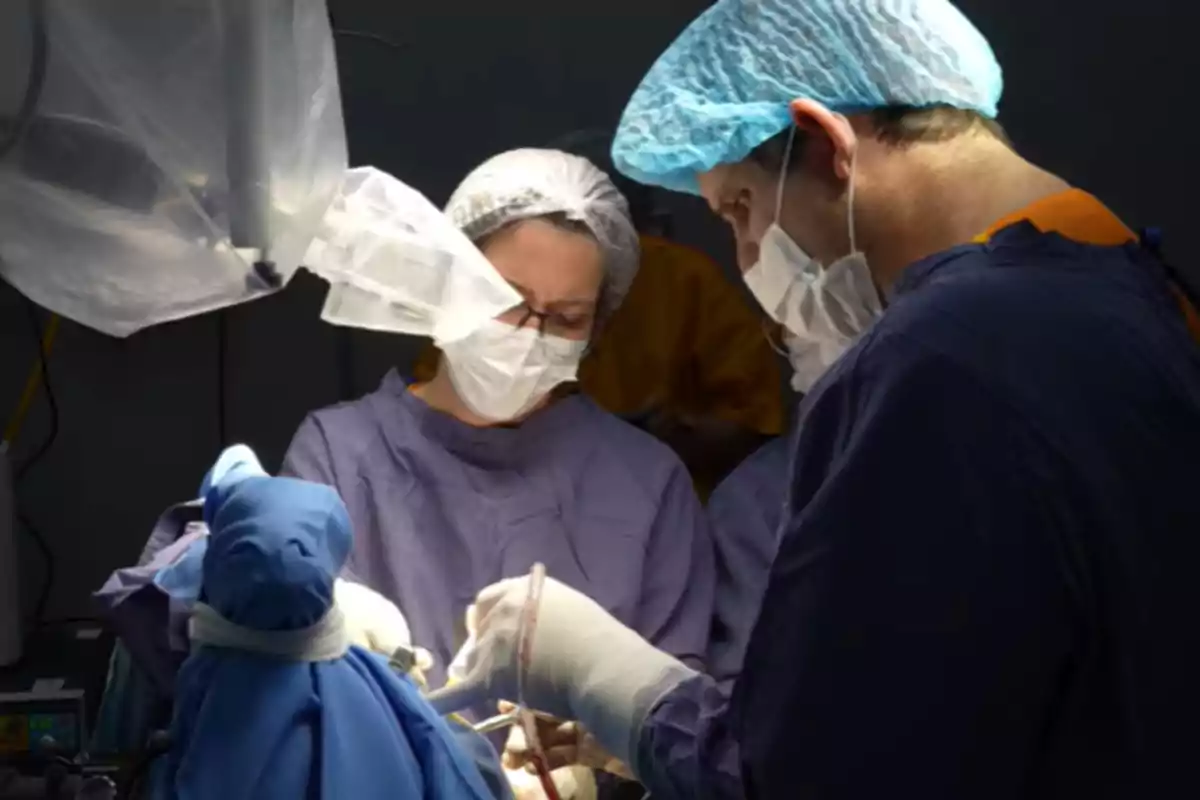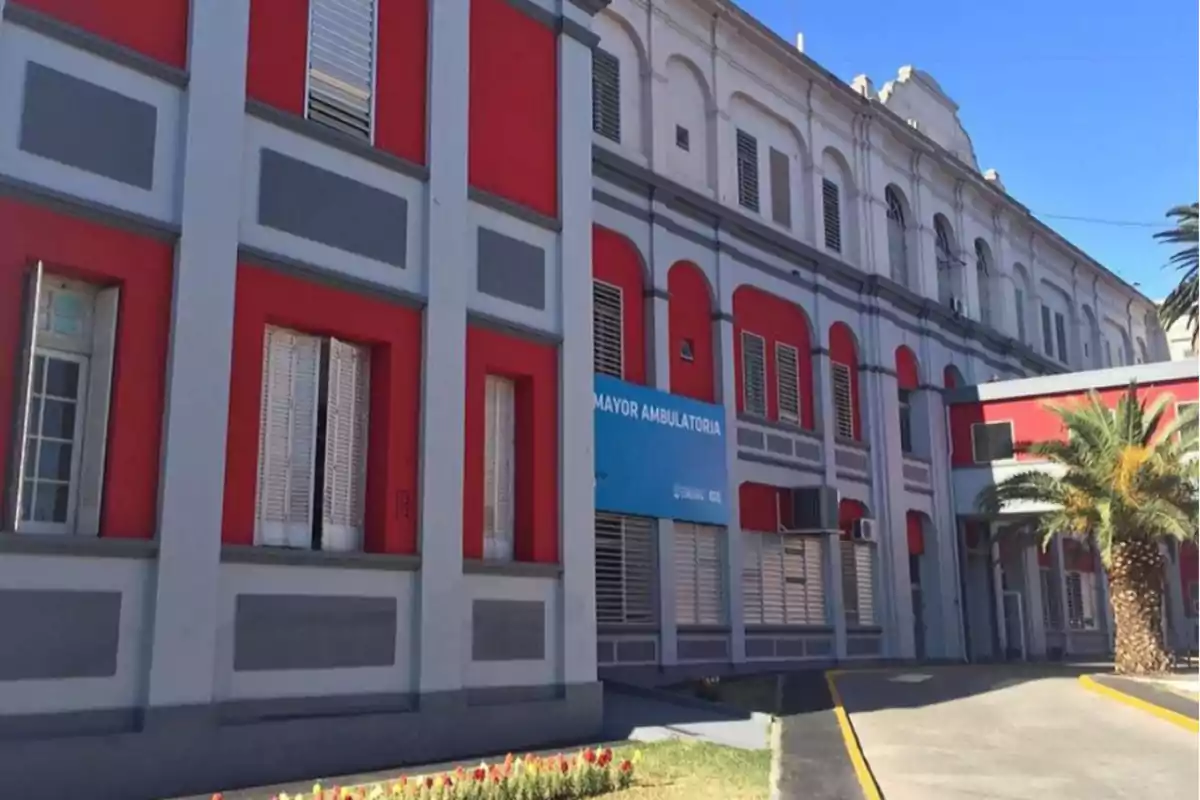
Awake brain surgeries position Córdoba as a medical benchmark
An unprecedented technique made it possible to remove tumors without damaging emotions or language, marking a breakthrough in local neurosurgery
Tránsito Cáceres de Allende Hospital was the scene of an intervention that caused astonishment, as brain surgeries were performed with patients awake. During the procedures, specialists removed tumors in highly sensitive areas, protecting in real time functions related to speech and emotions. This advancement represents a decisive step that opens new possibilities for treating highly complex cases in Córdoba.
The technique used differs from traditional surgeries because it allows the medical team to interact with the person while the operation is underway. Through constant stimuli and evaluations, specialists ensure that cognitive and motor functions do not suffer irreversible damage. This way, greater precision is ensured and the risks during recovery are significantly reduced.
Neurosurgeons emphasized that this type of approach extends the boundaries of what is possible in medicine and also improves quality of life. The possibility of preserving emotions, language, and movement is essential for the patient's well-being.

Advanced technology and multidisciplinary work
The success achieved was possible thanks to the coordination of a team made up of more than twenty professionals from various medical fields. The combination of surgeons, anesthesiologists, neuropsychologists, and support staff ensured the positive outcome of the surgeries. This deployment demonstrates the importance of interdisciplinary work in medical challenges of this magnitude.
To achieve the required level of detail, state-of-the-art technological tools were applied that facilitated surgical precision. The use of the exoscope made it possible to obtain enlarged and clear images of the brain during the procedure. Meanwhile, neuronavigation acted as a kind of GPS to locate critical areas and avoid damage to essential functional regions.
One of the cases operated on involved a patient with a tumor that affected not only mobility but also the control of his emotions. According to neurosurgeon Claudio Turco, the key was to keep the patient "alert, responsive, and connected in his neurological functions" throughout the surgery. Thanks to this, the lesion was resected without compromising his cognitive abilities.
More posts: